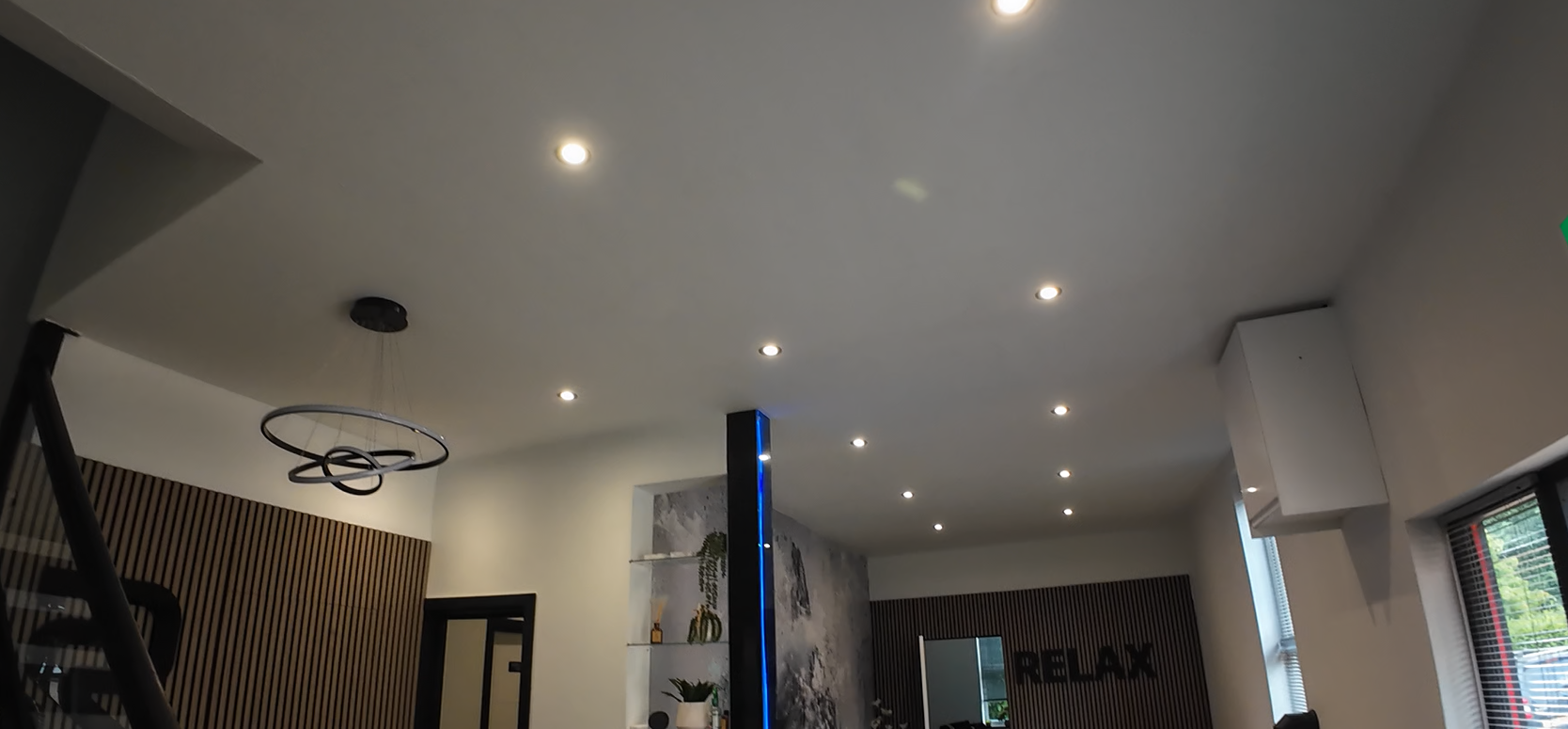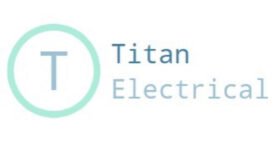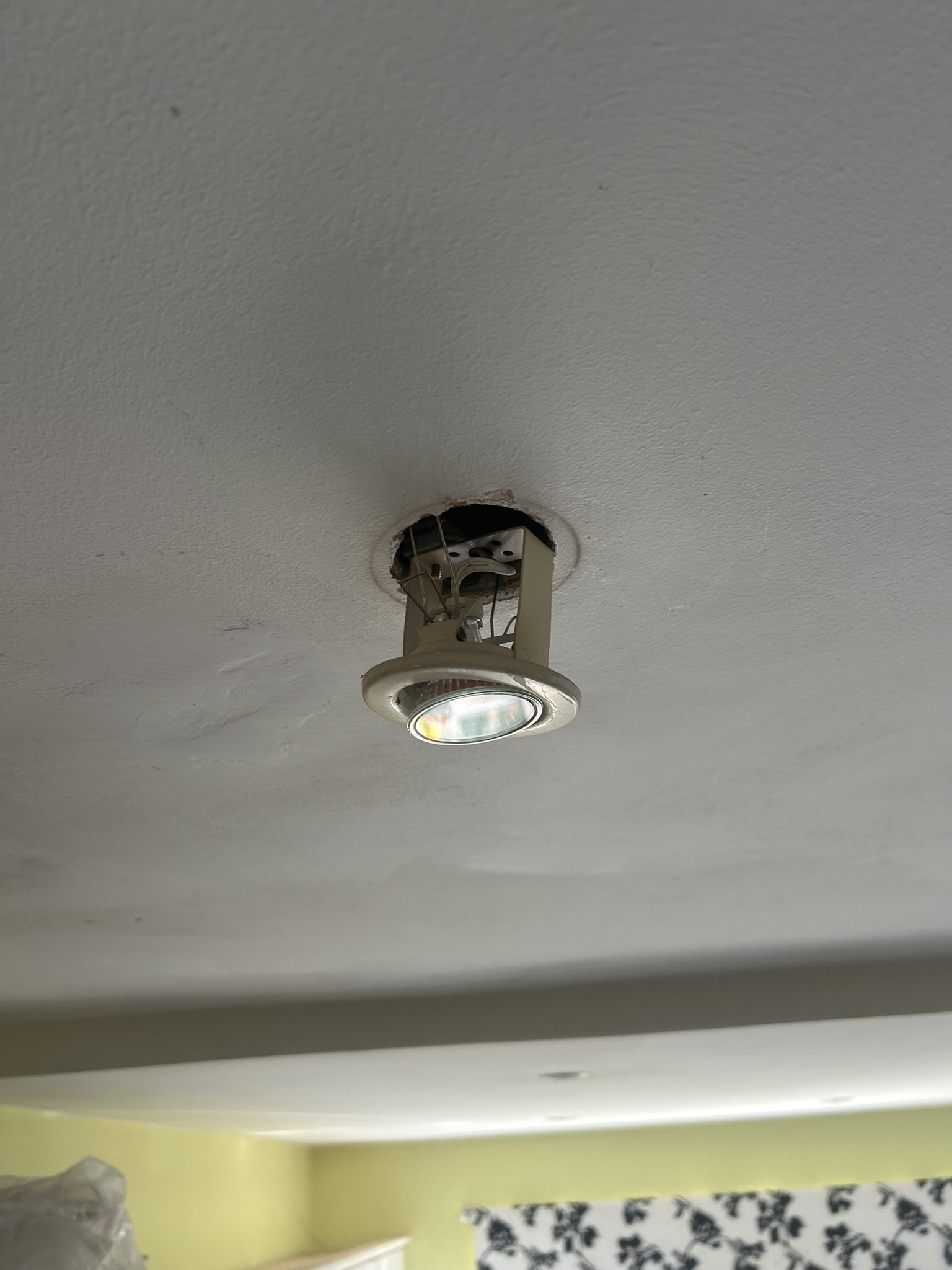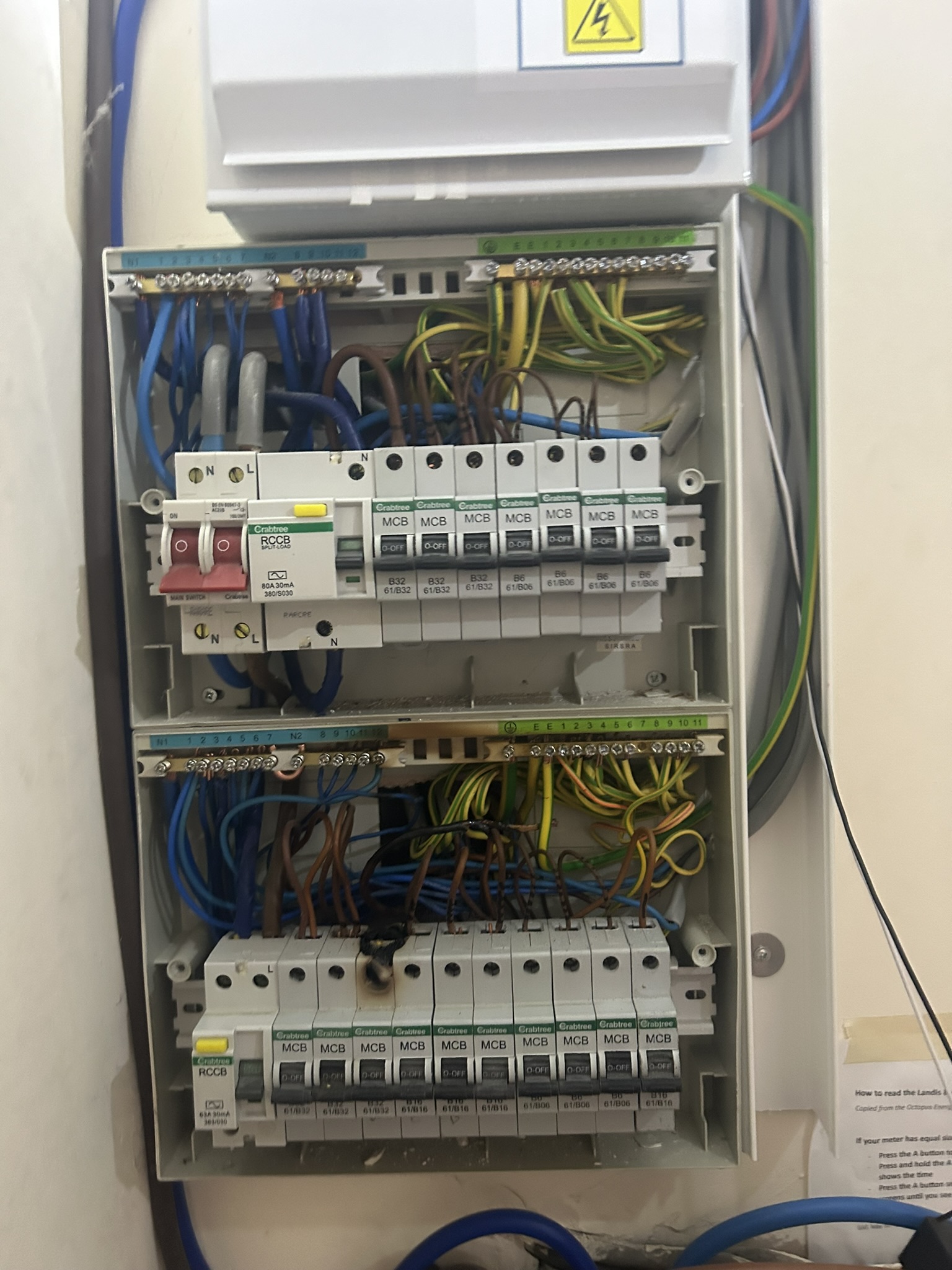Electrical Safety Education: Staying Informed to Protect Your Property and Loved Ones
Electricity powers our lives, but without the right knowledge, it can also pose significant risks to our homes and workplaces. Understanding electrical safety is essential for homeowners and workplace managers, as it plays a crucial role in protecting both property and the people within it. This blog post will guide you through practical electrical safety tips, from conducting regular home electrical inspections to recognizing common electrical issues. We’ll also discuss the importance of working with electricians who are skilled and certified, ensuring that installations and repairs are done safely and correctly. By prioritizing electrical safety education, you can prevent electrical hazards and uphold a safe environment for everyone involved.## Importance of Electrical Safety
Electrical
safety is a key aspect of maintaining a secure environment in both homes and workplaces. Let’s explore how it protects your property and safeguards your loved ones.
Protecting Your Property
Electrical safety measures are crucial for protecting your property from damage. Faulty wiring, overloaded circuits, and outdated electrical systems can lead to fires, causing extensive property damage.
Regular electrical maintenance can prevent these issues. By keeping your electrical system up to date and addressing problems early, you can avoid costly repairs and potential property loss.
Proper electrical safety practices also help maintain the value of your property. A well-maintained electrical system is a selling point for homes and can prevent insurance claim denials due to negligence.
Safeguarding Loved Ones
The primary goal of electrical safety is protecting the people in your home or workplace. Electrical accidents can cause severe injuries or even fatalities.
Children and pets are particularly vulnerable to electrical hazards. Childproofing outlets, keeping cords out of reach, and teaching kids about electrical safety can prevent accidents.
For adults, knowing how to use electrical appliances safely and recognizing warning signs of electrical problems can prevent shocks and other injuries. This knowledge is vital for creating a safe living and working environment.
Essential Practices for Safety
To ensure electrical safety, it’s important to implement regular inspections and use appliances properly. These practices form the foundation of a safe electrical environment.
Home Electrical Inspections
Regular home electrical inspections are vital for maintaining a safe living environment. These checks can identify potential hazards before they become serious problems.
A thorough inspection should cover all aspects of your home’s electrical system, including wiring, outlets, and circuit breakers. Look for signs of wear, damage, or outdated components that might pose a risk.
Professional inspections are recommended every few years, especially for older homes. These can uncover hidden issues that might not be apparent to the untrained eye.
Proper Appliance Use
Using electrical appliances correctly is key to preventing accidents and extending their lifespan. Always follow manufacturer instructions and safety guidelines.
Avoid overloading outlets with too many devices. Use power strips with built-in circuit breakers for added protection when necessary.
Regularly check cords and plugs for signs of wear or damage. Replace any that show fraying, cracks, or other signs of deterioration to prevent short circuits or fires.
Ongoing Safety Education

Continuous learning about electrical safety helps you stay prepared and make informed decisions. It’s important to know how to recognize common issues and work effectively with professional electricians.
Recognizing Common Issues
Being able to spot common electrical problems can help you address issues before they become dangerous. Some signs to watch for include flickering lights, warm outlets, and frequent circuit breaker trips.
If you notice a burning smell or hear buzzing sounds from outlets or switches, these could indicate serious problems. In such cases, it’s best to turn off the power to the affected area and call a professional immediately.
Understanding these warning signs can help you take prompt action, potentially preventing accidents and costly repairs.
Working with Electricians
Choosing the right electrician is crucial for ensuring your electrical work is done safely and correctly. Look for licensed and insured professionals with good references and reviews.
When hiring an electrician, clearly communicate your concerns and ask questions about the work to be done. A good electrician will explain the process and any potential issues they find.
Regular maintenance checks by a professional can help keep your electrical system in top condition. Consider scheduling annual inspections with a trusted electrician to catch and address any developing issues.


